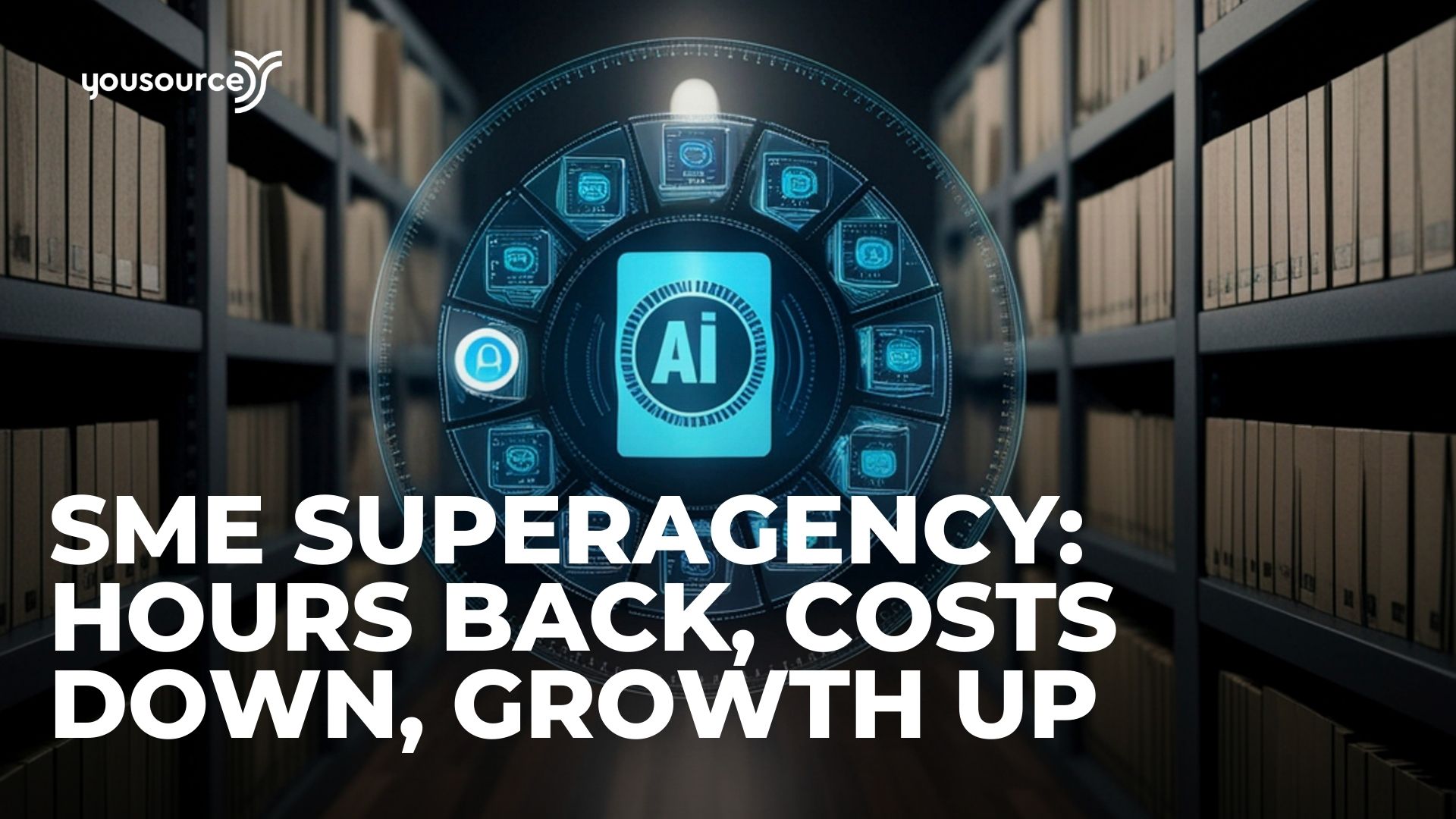
Learn More About Our Approach.

info@you-source.com
Philippines
Unit 309, Peninsula Court, Paseo de Roxas cor. Makati Ave., Makati City, Philippines
South Africa
359 Rivonia Boulevard Edenburg, Sandton, 2191 Johannesburg, South Africa
Singapore
68 Circular Road #02-01 Singapore, 049422
Australia
Suit 2, Level 14 189 Kent Street, Sydney, NSW, 2000
© 2025 Yousource Inc. All rights reserved








